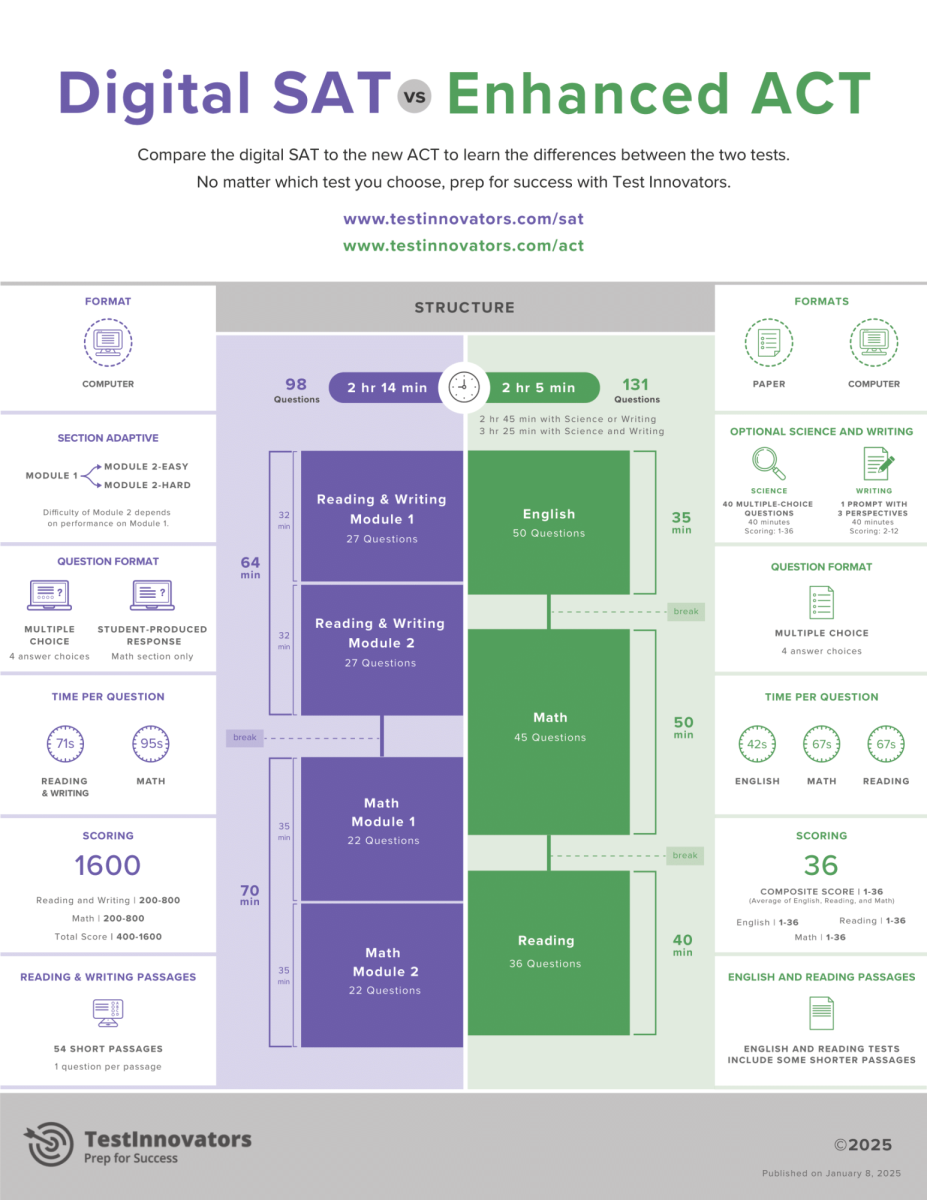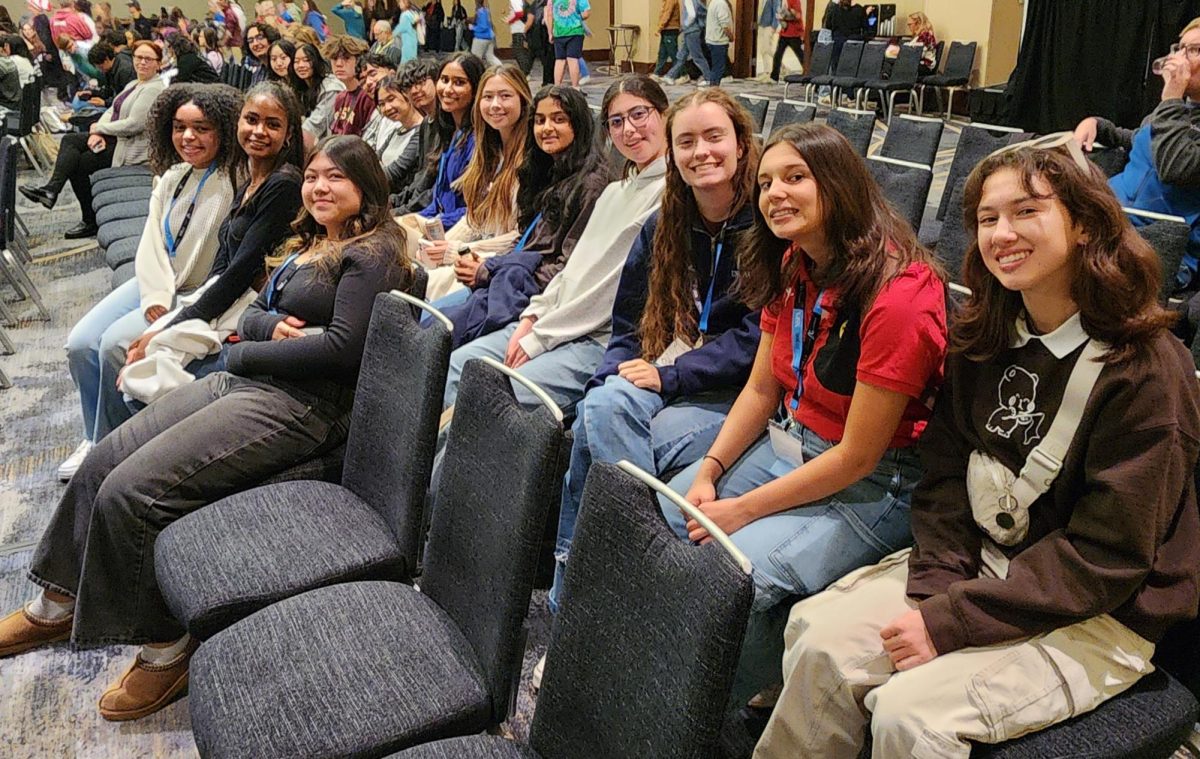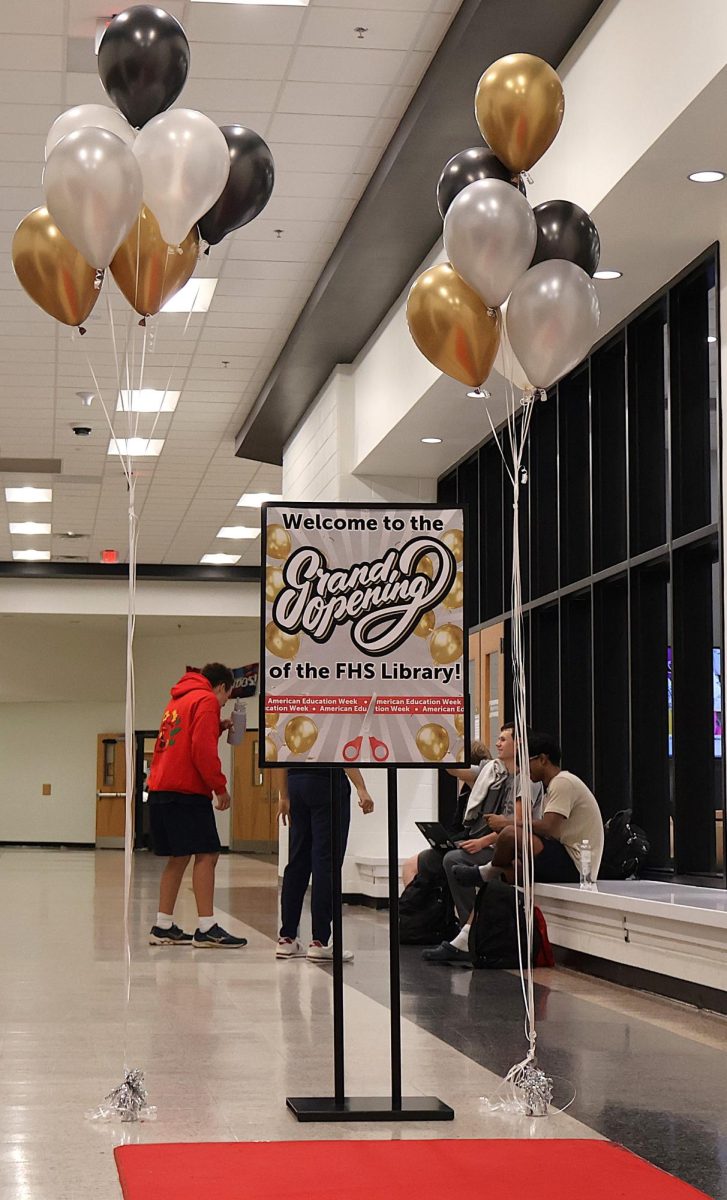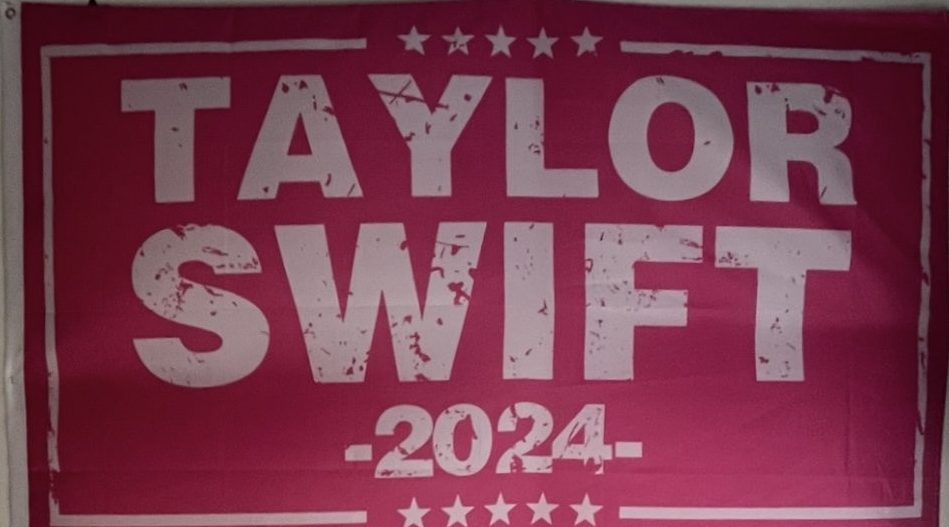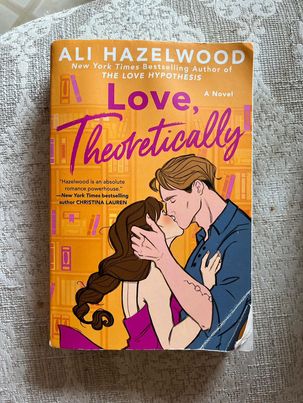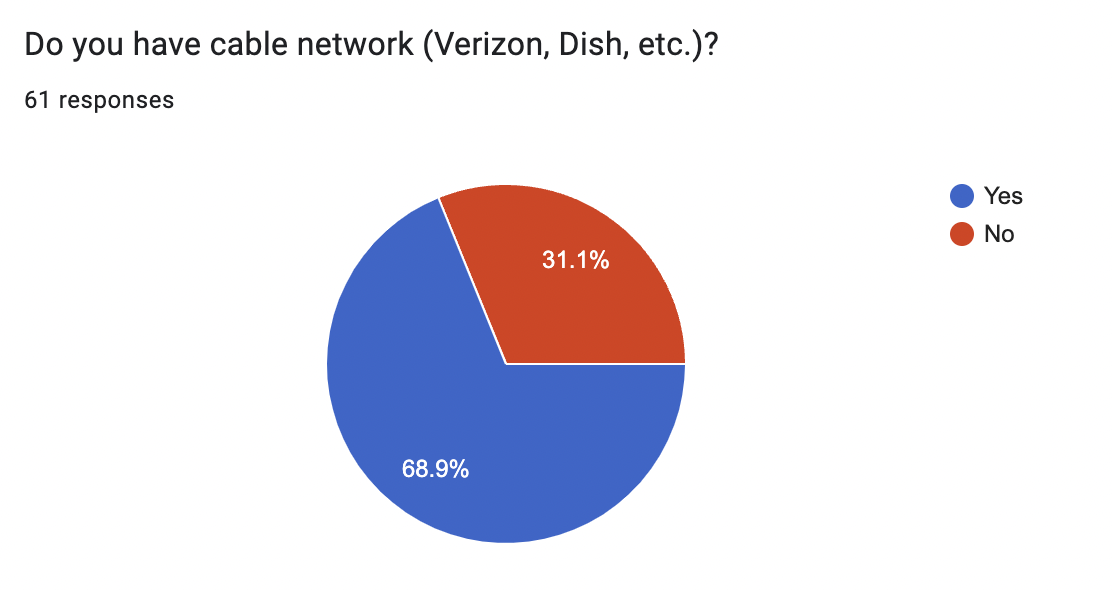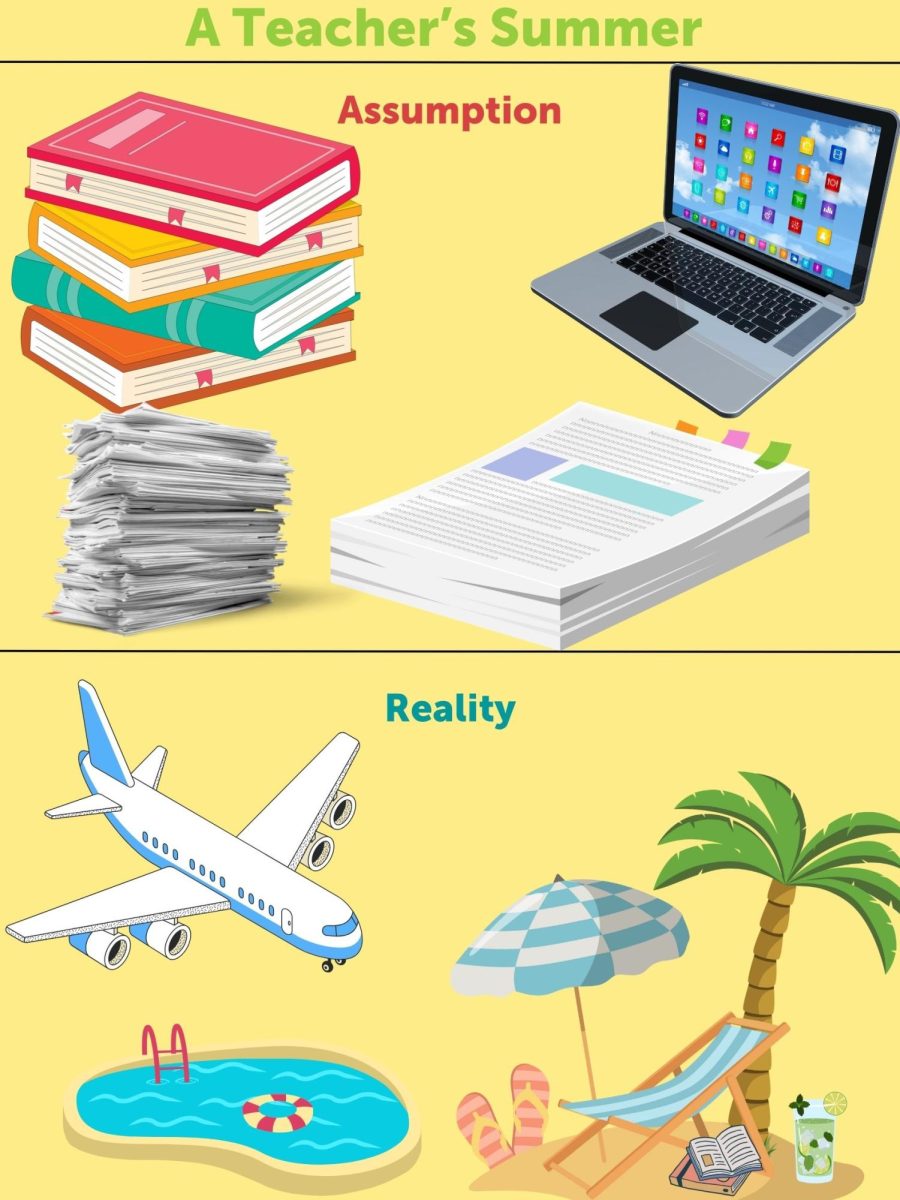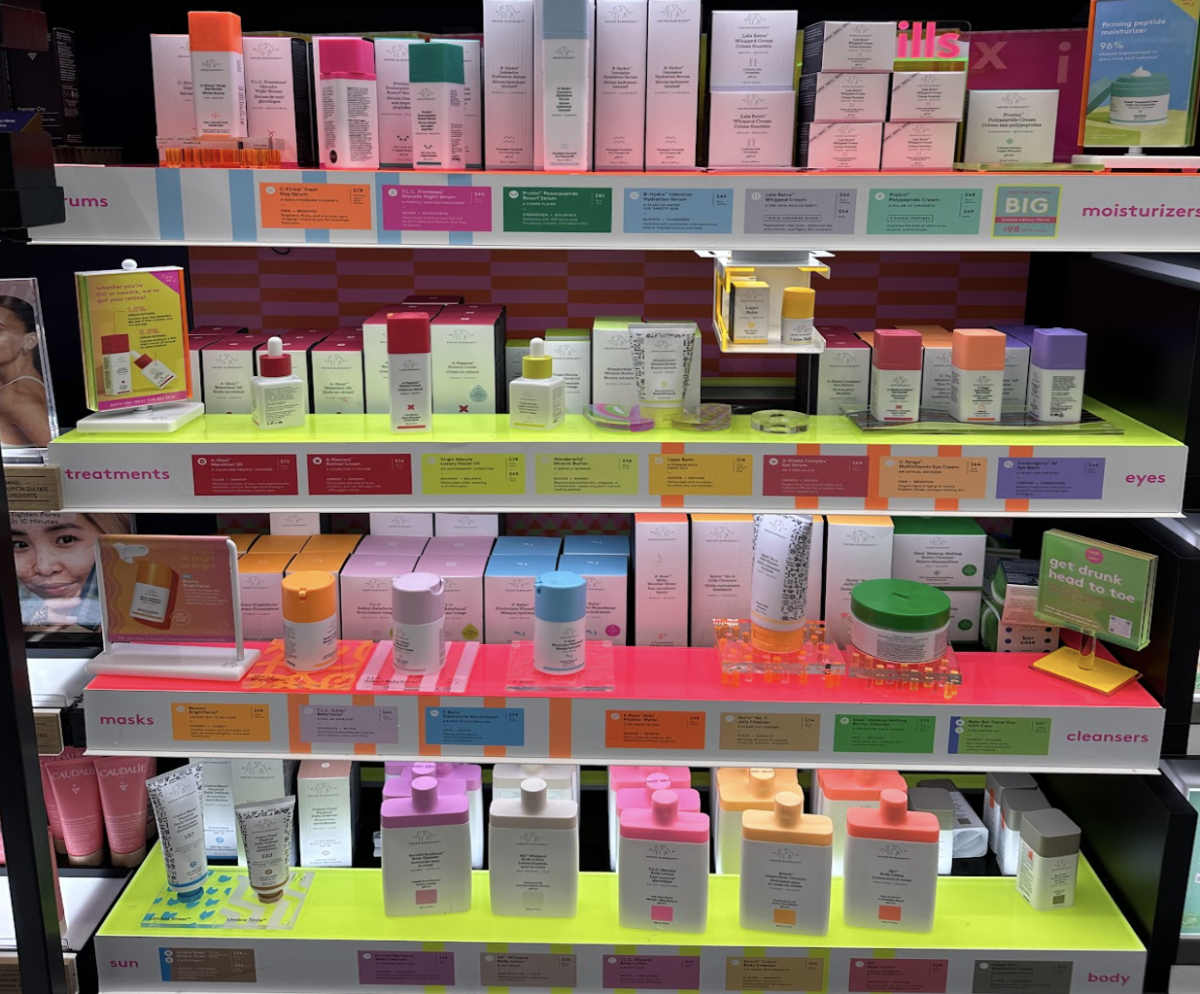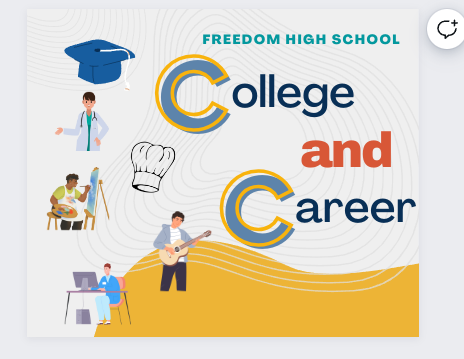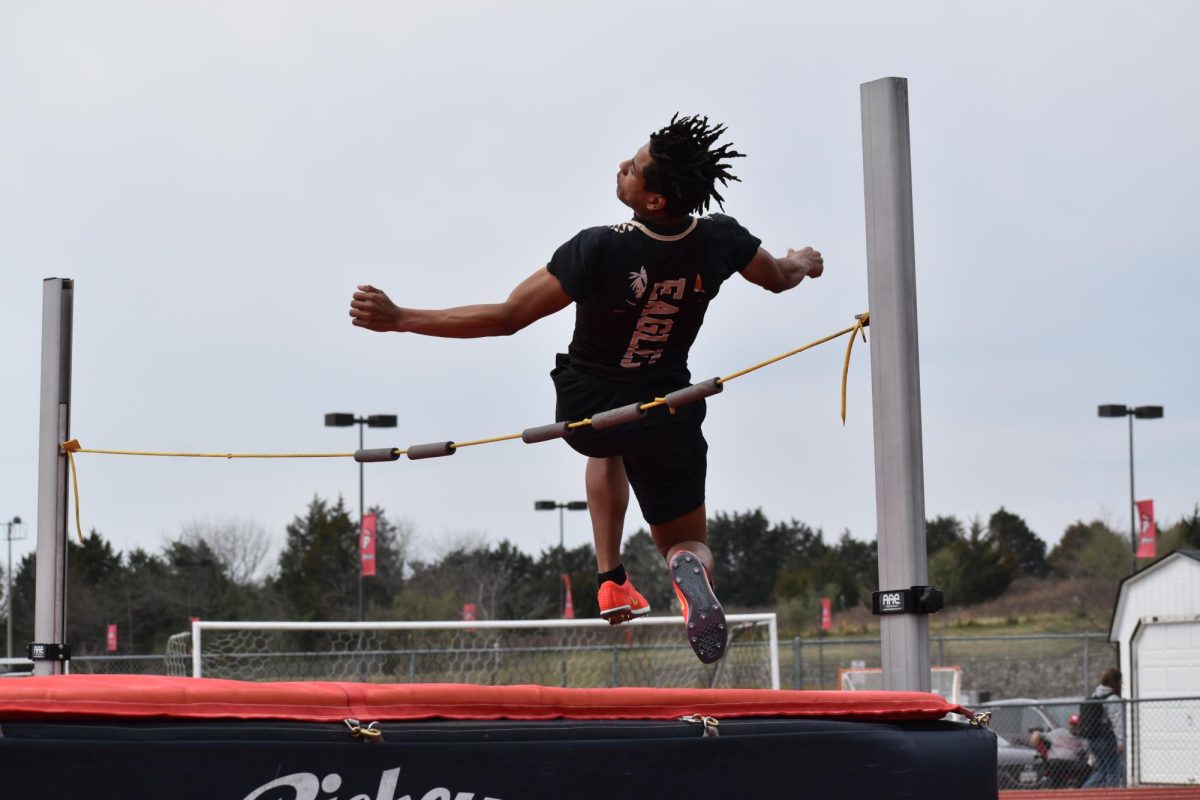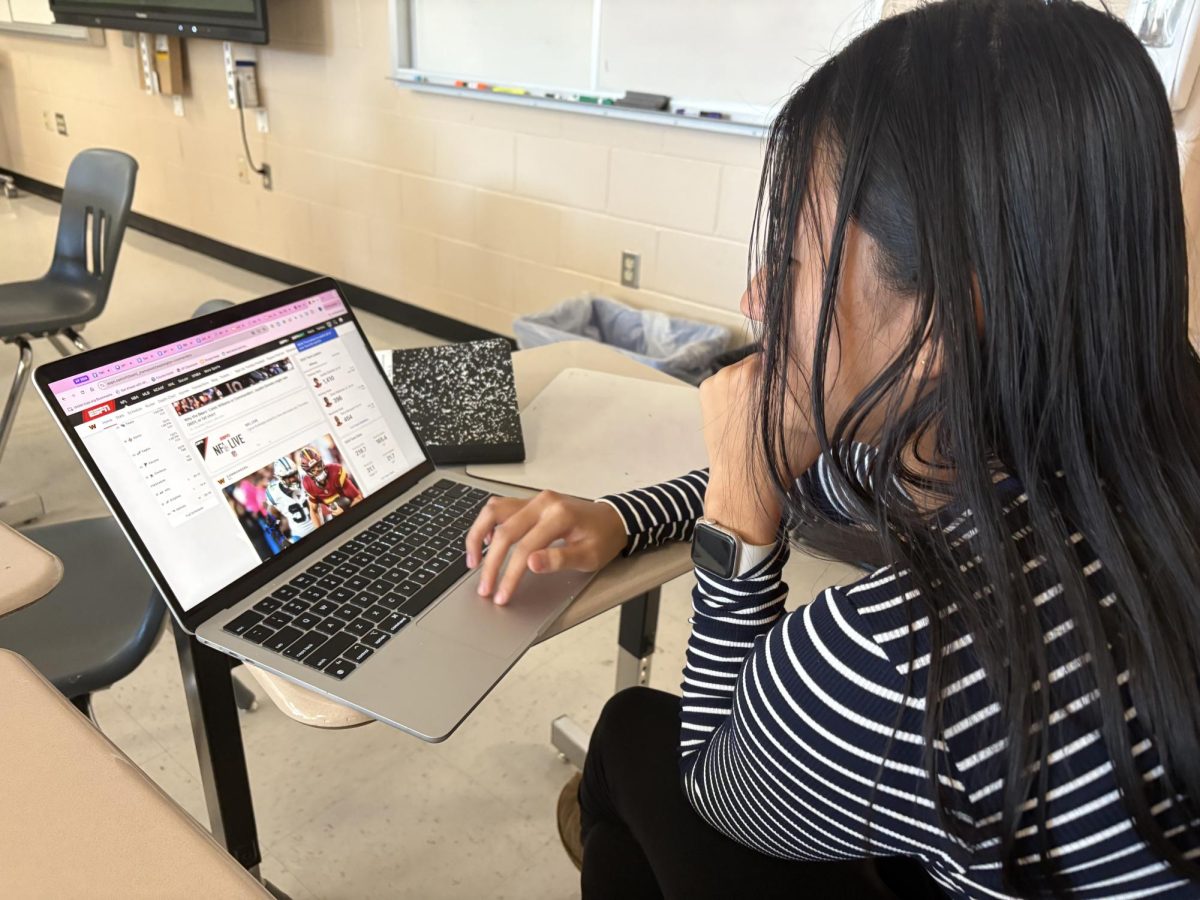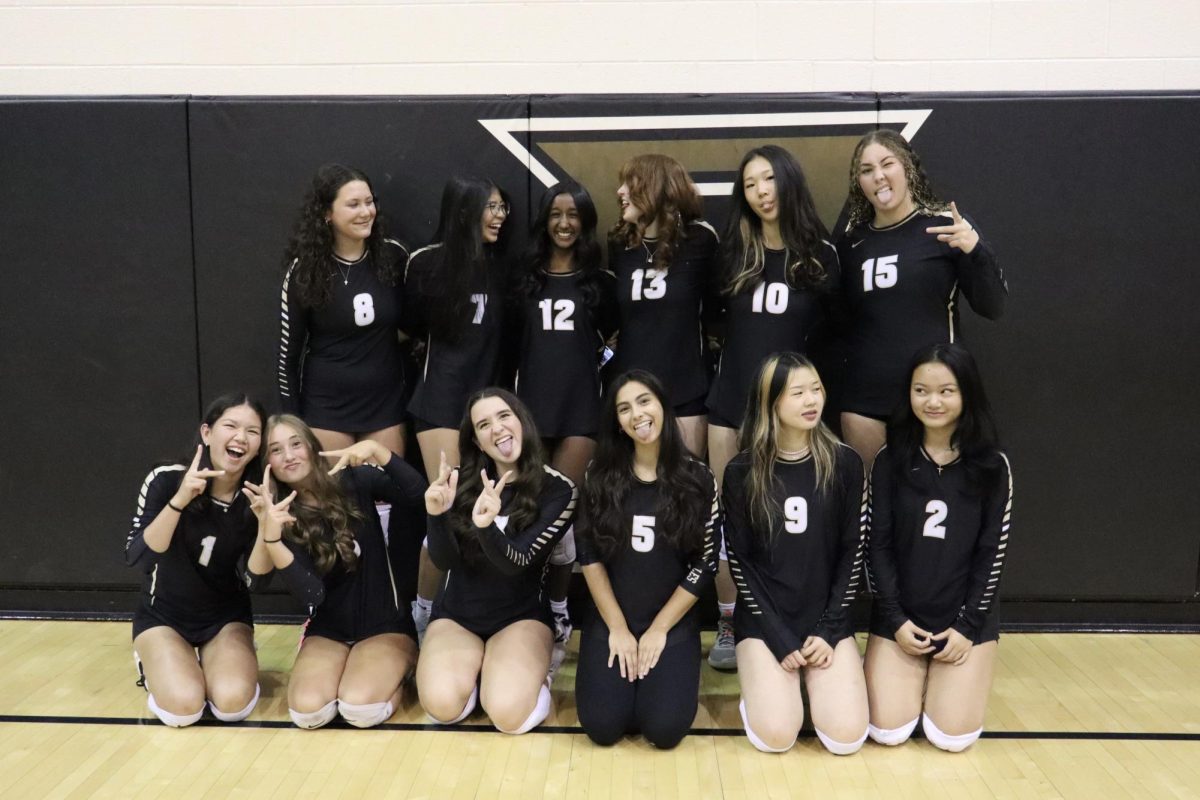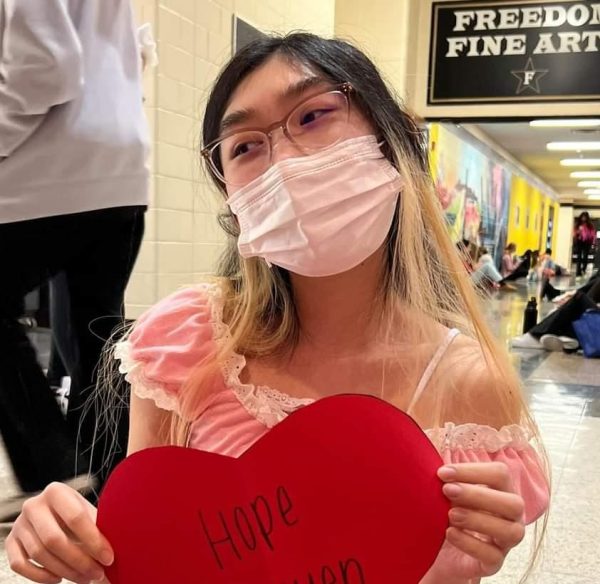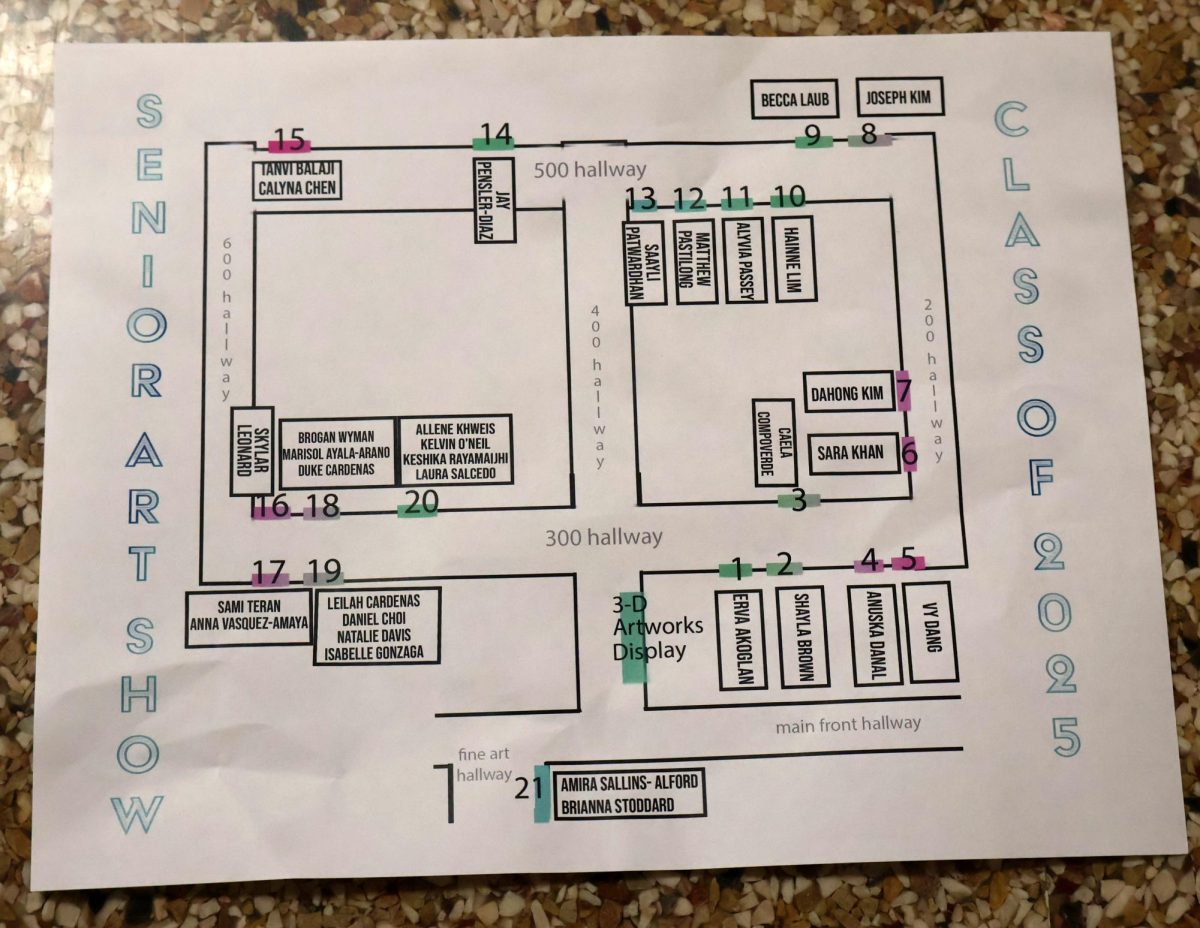Feminism Is Still Needed in the Modern World

Photo provided by FamousBirthdays.com
Chrissy Chlapecka is Tiktok activist and feminist.
March 13, 2023
Feminism is a widely debated topic in the year 2023. The past few years have created a lot of discussion about women’s rights in America. One of the prime cases being the Roe v. Wade abortion law back in June of 2022. There was also the #MeToo movement that heightened public awareness of gender based discrimination, sexual harassment, and abuse. While many people have used these situations as prime examples of how women’s rights still need protection, others say they are exaggerating and that women already have all the rights they need in the modern era, and that people are just being nitpicky.
“Feminism is definitely still needed in this day and age,” said junior Zulema Hilario. “Women do experience sexism in 2023. I think that it’s not as much as past years but it still definitely is around.”
According to PewResearch.org, a study in July of 2020 claimed that 61% of women described themselves as feminists. Most of these women were younger, college educated, and politically democrats. Another study in December of 2017 said that 42% of women have faced workplace discrimination. The U.S ranked as number 30 on WorldPopulationReview in regards to gender equality, below many other first world countries.
“Yes! I think that nowadays feminism is still as important as ever!” said senior Ava Allen. “Yes, women can do things like vote, but we are still fighting for things like control over our reproductive rights, equal pay for equal work, and an end to sex-based discrimination and harassment! We still need feminism, but we need to modernize it so that it includes/takes into consideration more factors, such as unequal discrimination against women of color and the LGBTQ+ community!”
There is a growing rise and interest on intersectionality and intersectional feminism, which according to google is an “analytical framework for understanding how aspects of a person’s social and political identities combine to create different modes of discrimination and privilege.”
“… A lot of the times people are focused on generally white women and how they experience sexism when really there are other women who experience different things than others,” Hilario said. “And its really important to not demean other women and how they see empowerment for themselves.”
UNWomen.org says that intersectional feminism “centers the voices of those experiencing overlapping, concurrent forms of oppression in order to understand the depths of the inequalities and the relationships among them in any given context.”
“I think intersectional feminism is very important when it comes to discussing women’s rights for women of color! We must take everyone’s experience into account when fighting for women’s rights, and treating issues that unequally impact women of color as a ‘them’ problem does nothing! If you aren’t fighting for equality for everyone, then you’re not really fighting for equality,” Allen said.
A common argument is that women don’t face sexism anymore because they have all the rights they need, so there is nothing left to complain about.
“I believe that women still very much endure and experience sexism in the year 2023! We live in the age of the ‘podcast bro,’ and most of them do not believe in equality between men and women, and hold very sexiest views, like that a woman’s place is in the house and that women should always be submissive to the men in their lives,” Allen said. “Besides the infestation of the ‘podcast bros’ that is rampant across all social medias, generally sexist views against women are spread every day through the media and through discrimination and harassment in everyday life.”
A prominent example that many people bring up in pop culture is Andrew Tate, a British-American media personality who is renowned for his sexist views on women. Many women point out how men like Andrew Tate are the reason why there’s still a need for feminists.
Both students had favorable opinion on feminists.
“I think feminists are cool, they’re great advocates for women and its nice to have voices in important places like the white house and congress and all that stuff,” Hilario said.
“My general opinion on feminists is good! I think that everyone who attempts to make the world a better and equal place for everyone is pretty cool, but I can recognize the flaws and difference in opinion and tactics among those who label themselves as ‘feminists,’” Allen said.
There is also the issue of the gender pay gap that exists. The gender pay gap or gender wage gap according to google is the “average difference between the remuneration for men and women who are working” where women “are generally found to be paid less than men.”
“It is very stupid and basically just demeans women’s work as being lesser than mens and it’s just overall dumb,” Hilario said.
PewResarch.org theorizes that “Much of the gender pay gap has been explained by measurable factors such as educational attainment, occupational segregation and work experience.”
“I try and keep up to date on the pay gap situation, and I believe that the most recent statistic I have seen is that women are earning 82 cents to the dollar,” Allen said. “Although women’s wages continue to rise, I think it’s shameful that employers still do not recognize equal pay for equal work!”
Although with the rise of feminism, there is also the rise in anti-feminists, or those who are against fourth-wave feminism. TikTok has coined the term “Pick-Me” for mainly girls, using it to describe girls who put other women down for the validation of other men. Many of these “Pick-Me” girls tend to be anti-feminists.
“I think that women do this bcs a lot of women tend to have internalized misogyny,” Hilario said. “And also I see a lot of women that are just uncomfortable with feminists because it doesn’t align with their culture or religion.”
“I think that some women distance themselves for many factors, but the two that come to my mind first are that they feel as though there are other issues that need to be addressed before they fight for their rights, and that they don’t want to be seen as a stereotypical feminist,” Allen said. “I think that many women, especially young people, want issues such as climate change and education addressed before other things, therefore their potential alignment with feminist ideals get pushed to the side. I also think a lot of women don’t want the traditional label of feminist because of the connotations that come with it.”
In recent years, the label of “feminist” has become more and more of a “cringy” thing, as many young people find the faces of feminism don’t speak to the youth.
“…And, again, the infestation of ‘podcast bros’ has propagated the stereotype that all feminists hate men and want radical change. I think that those labels scare some people away from calling themselves feminists, which is a shame,” Allen said.
In almost every conversation of women’s rights, the subject is mostly surrounded about the topic of men, and how women are treated by them. This has opened debates of how important it is for men to be involved in women’s rights, with some saying there should be little male involvement, and others saying they need to be educated.
“Men have no place in talking about women’s rights,” Hilario said.
Allen disagreed, “I think that men should be included in conversations on the topics of how to treat women equally and on topics such as sexual harassment, but women should be the leaders in the discussions about women’s rights. One of my favorite mottos is ‘girls to the front,’ and I think that is imperative when trying to make a better world for all women to live in! Feminism is not about making the world a worse place for men, but a place in which men and women can coexist equally!”
Regardless of differing views, the heightened awareness and ongoing work to curb inequality and gender discrimination is seen as a hopeful step towards a more equal future.





